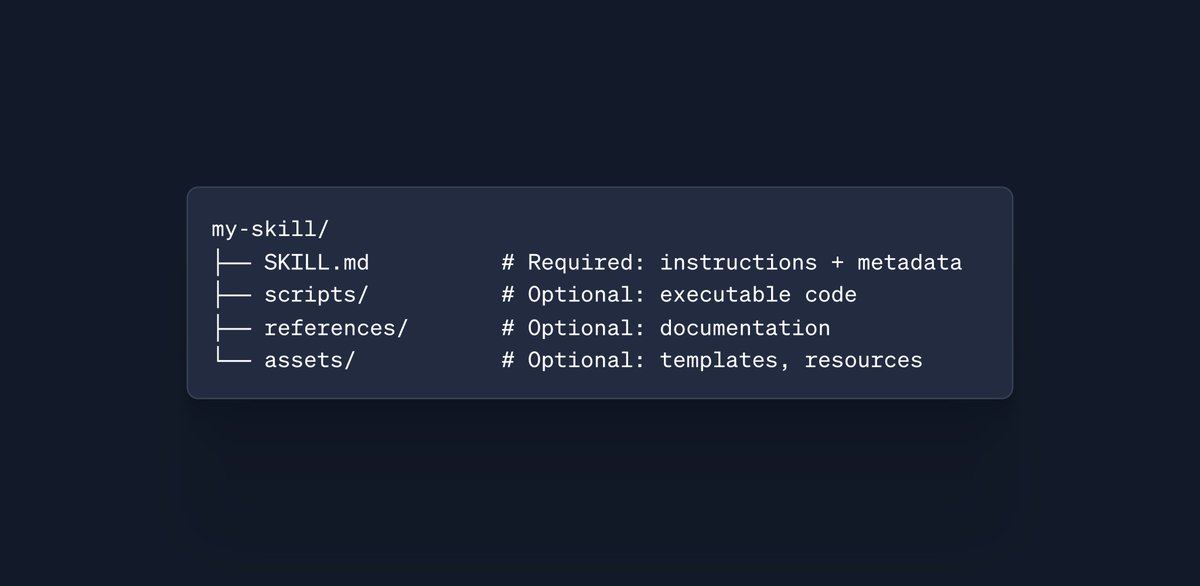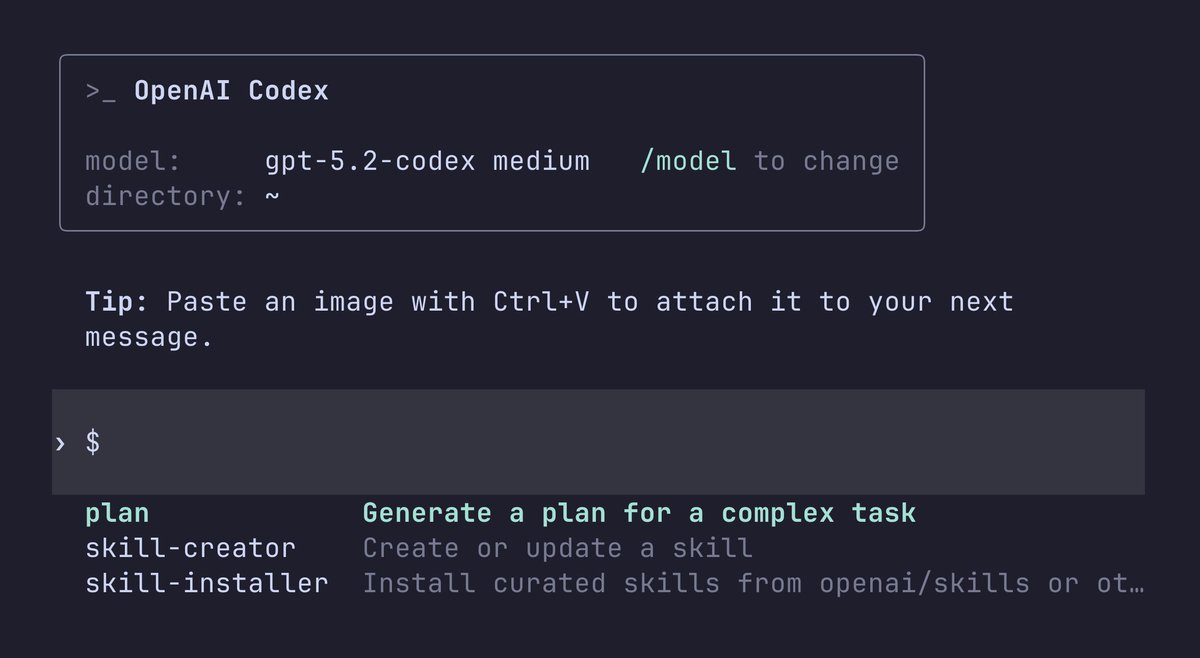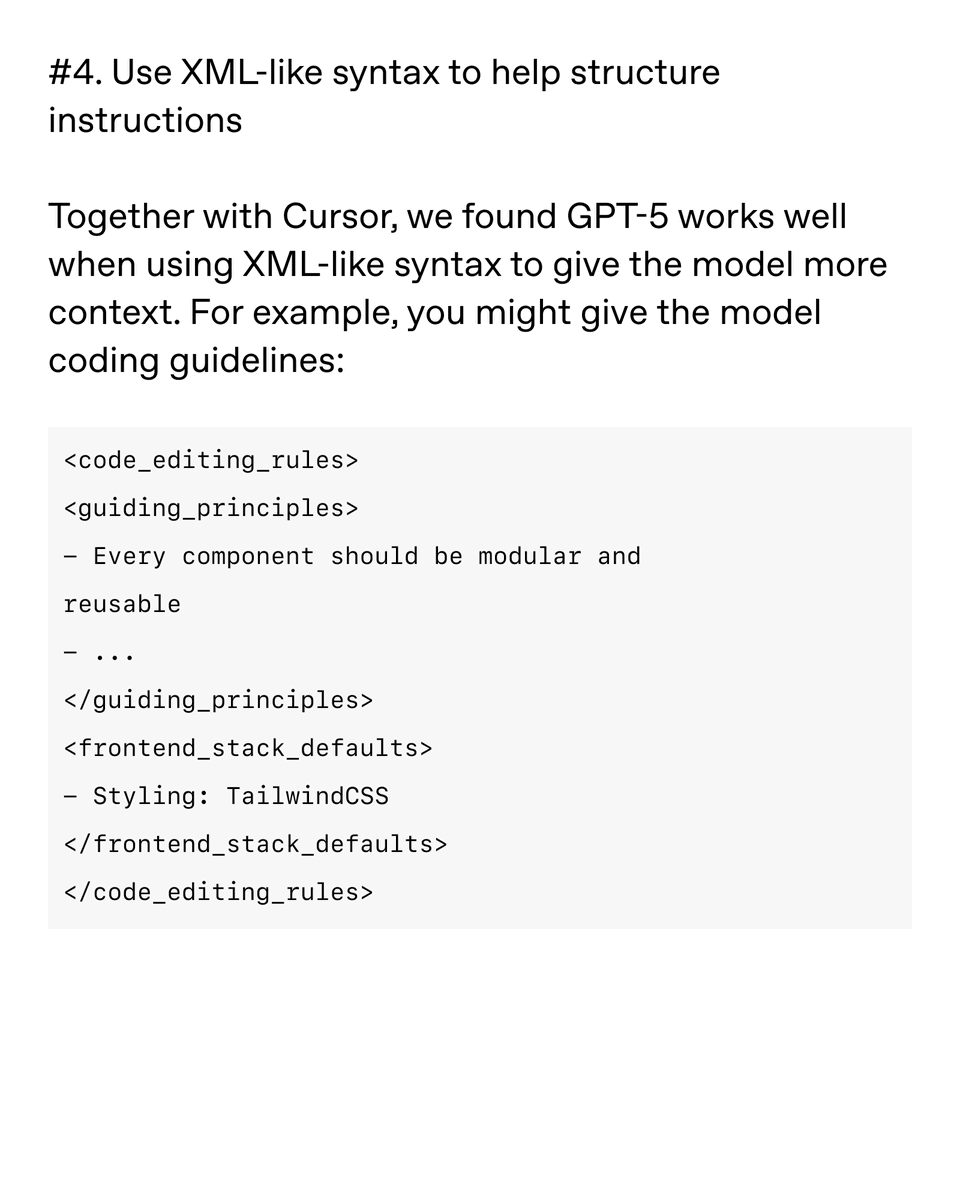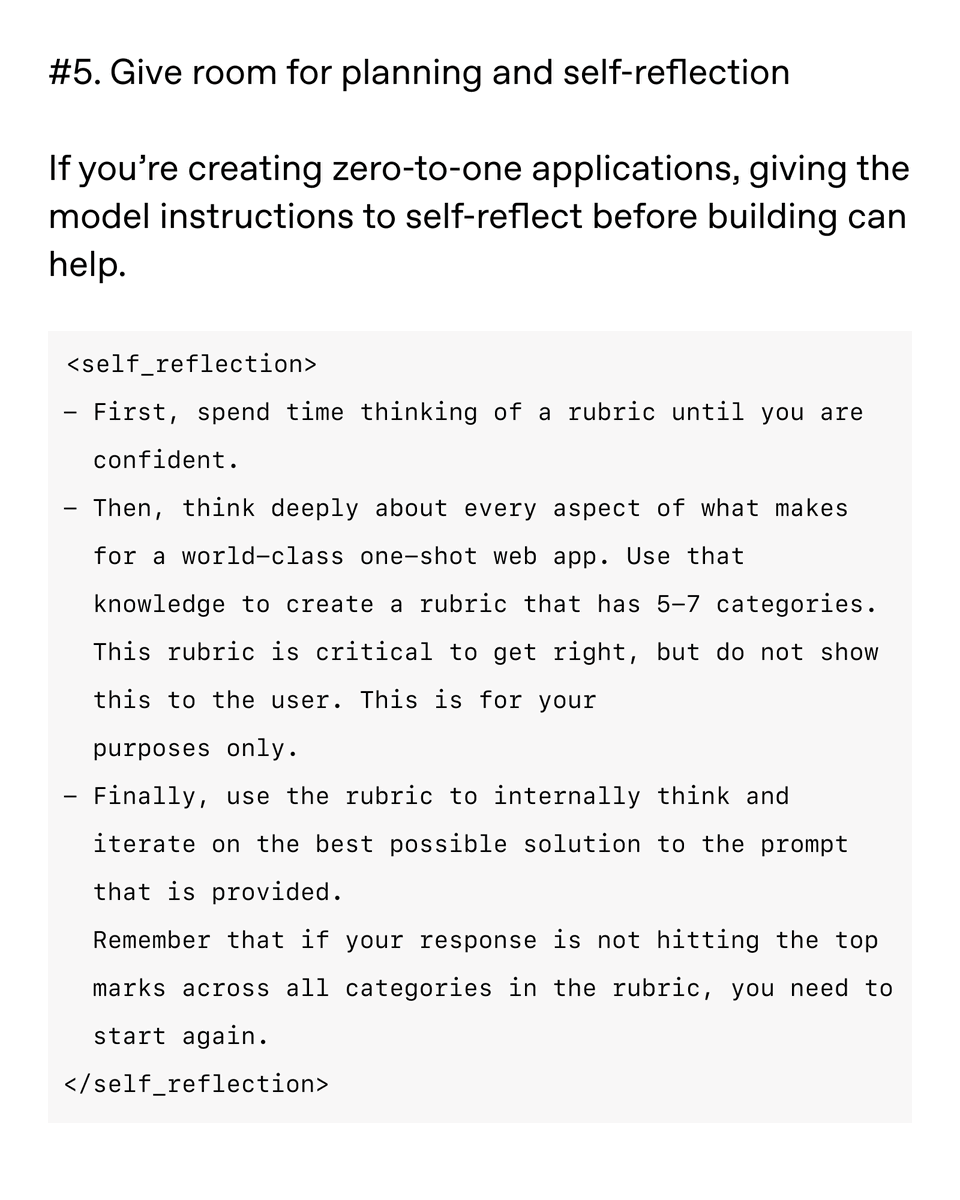Introducing the Evals API.
You can now programmatically define tests, automate evaluation runs, and quickly iterate on prompts.
Evals are still available in the dashboard—and now through the API, so you can integrate them anywhere in your workflow.
You can now programmatically define tests, automate evaluation runs, and quickly iterate on prompts.
Evals are still available in the dashboard—and now through the API, so you can integrate them anywhere in your workflow.

Eval configuration, test data, and parameters for test runs are all just as configurable via API as they are in the evals UI in the dashboard.
Learn how the API works in the documentation: platform.openai.com/docs/guides/ev…
Learn how the API works in the documentation: platform.openai.com/docs/guides/ev…
Having good evals in place for your applications helps you improve the quality of your model responses systematically.
Learn to test your prompts for regressions in the OpenAI Cookbook: cookbook.openai.com/examples/evalu…
Learn to test your prompts for regressions in the OpenAI Cookbook: cookbook.openai.com/examples/evalu…
• • •
Missing some Tweet in this thread? You can try to
force a refresh













